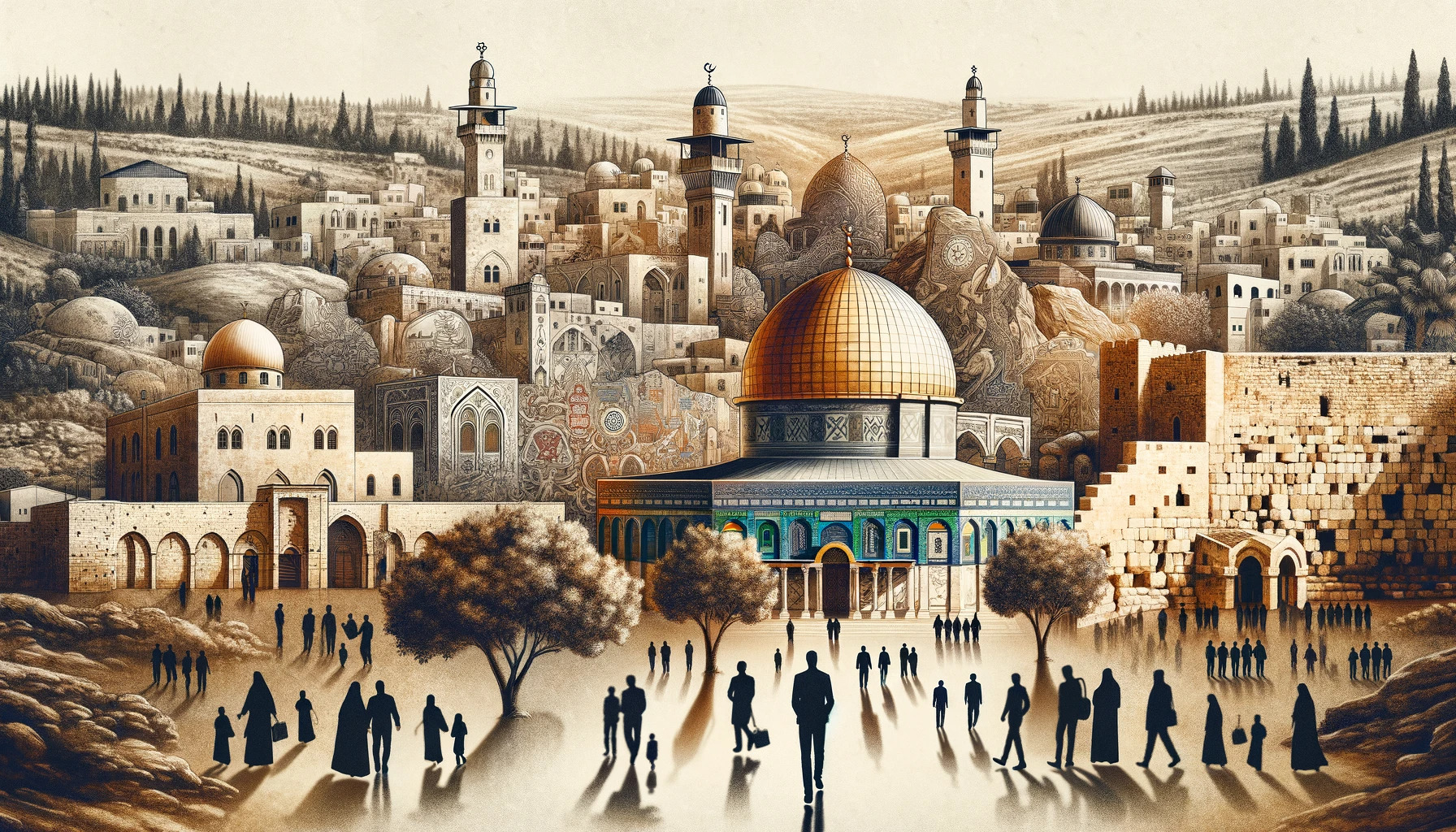Palestine Population Percentage by Religion

Palestine Population Percentage by Religion
A Glimpse into the Diverse Faiths of 2023
Introduction
In 2023, Palestine presents a mosaic of religious affiliations, reflective of its rich and varied historical tapestry. The religious demographics of the region offer insight into the diverse cultural and social landscape that has shaped its history and continues to influence its present. Here’s an overview of the main religious groups in Palestine.
Islam: The Dominant Faith
Islam stands as the predominant religion in Palestine, encompassing 80% to 85% of the population. The majority of Palestinian Muslims are Sunnis, contributing significantly to the religious character of the region. Additionally, there exists a minority of Ahmadiyya Muslims and approximately 15% of the Muslim population identify as nondenominational. This diversity within Islam adds depth to the religious and cultural fabric of Palestine.
Christianity: A Significant Minority
Christians, though a smaller fraction of the population, ranging from 1.0% to 2.5%, hold a significant place in Palestinian society. The majority of Palestinian Christians are affiliated with the Greek Orthodox Church, a testament to the ancient roots of Christianity in the region. Their presence is not just a reflection of religious diversity but also of the deep historical and cultural layers that define Palestine.
Judaism: A Substantial Presence
Jewish people constitute a notable portion of the population, approximately 12% to 14%. This demographic is a reminder of the historical and religious significance of Palestine in Jewish history, with the region housing several sites of profound religious and cultural importance to Judaism.
Other Religious Communities
In addition to these major religions, Palestine is home to smaller religious groups like the Druze and Samaritans. While their exact numbers are not clearly defined, their presence contributes to the rich tapestry of religious diversity in Palestine.
Conclusion
The religious landscape of Palestine in 2023 is a complex and diverse one, showcasing a region where multiple faiths have coexisted and shaped its historical and cultural identity. Each religious community, be it the majority Muslims or the minority Christians, Jews, and others, plays a crucial role in the tapestry of Palestinian society, reflecting a place that has been a cradle of religions and cultures throughout history. This religious diversity is not only a characteristic of Palestine but also a testament to its significant role in the religious and cultural history of the world.










